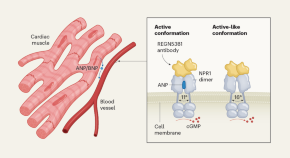
Therapeutics are treatments used to alleviate or prevent a particular disease. Examples of therapeutics include drug therapy, medical devices, nutrition therapy and stem-cell therapies. Therapeutics can be used in patients with active disease – to treat the disease itself or its signs and symptoms – in preventive medicine, or as palliative care.

Boosting the heart’s natural countermeasures against poor function is one way to treat heart failure, but existing therapies need to be given frequently. An antibody with enduring effects could offer a solution.
The first guidelines for the screening, monitoring and treatment of interstitial lung disease (ILD) in patients with systemic autoimmune rheumatic diseases (SARDs) are now available after a major multidisciplinary effort by the ACR and the American College of Chest Physicians. These guidelines demonstrate that multidisciplinary collaborations can improve SARD-ILD management.
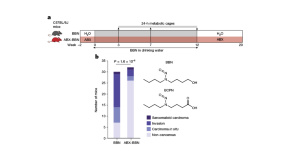
Bacteria in the gut can affect the chemically induced growth of tumours in other parts of the body. Certain gut bacteria convert nitrosamine compounds, which are found in cigarette smoke and processed food, into metabolites that trigger the growth of tumours in the bladders of mice.
News & Views 28 Aug 2024 Nature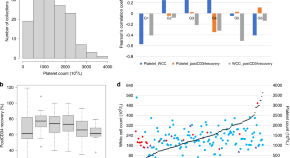
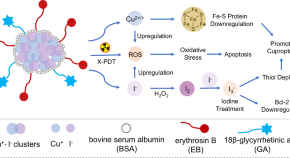
Efficient delivery of copper and iodine ions into tumor cells is promising for boosting the antitumor effect but elusive. Here the authors report a mitochondrial-targeted copper-iodide nanoparticles for the cancer treatment in which copper and iodide ions induce cell death by modulating mitochondrial functions under low-dose Xray irradiation.
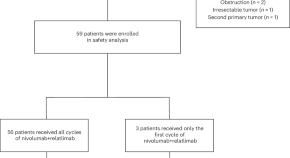
In the phase 2 NICHE-3 trial, patients with locally advanced mismatch repair-deficient colon cancer who were treated with neoadjuvant anti-PD1 and anti-LAG3 agents showed high rates of pathological responses, requiring validation in larger trials.
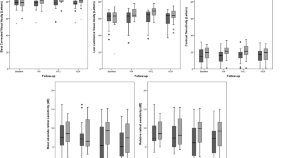
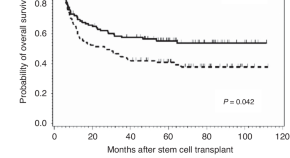
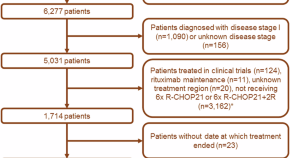

Boosting the heart’s natural countermeasures against poor function is one way to treat heart failure, but existing therapies need to be given frequently. An antibody with enduring effects could offer a solution.
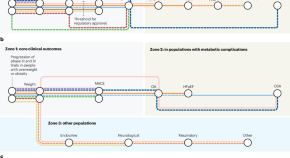
Guidelines currently recommend organ-specific management of obesity-related complications. Agents that agonize glucagon-like peptide 1 receptors, including those that co-agonize other anorexigenic hormone receptors, lead to substantial weight loss and benefits in people with varying obesity-related complications, with further trials underway. These medications enable cause-specific management of obesity complications.
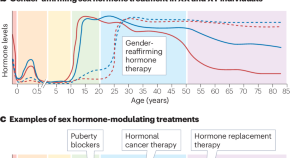
Sex-specific differences in immunity are determined by genetics and by hormones. This Comment discusses first insights into the consequences of long-term sex-hormone supplementation on immunity in transgender individuals.

Point-of-care manufacturing and technology transfer can deliver cellular gene therapies at an affordable cost to patients across the world.
The first guidelines for the screening, monitoring and treatment of interstitial lung disease (ILD) in patients with systemic autoimmune rheumatic diseases (SARDs) are now available after a major multidisciplinary effort by the ACR and the American College of Chest Physicians. These guidelines demonstrate that multidisciplinary collaborations can improve SARD-ILD management.